Many students struggle with getting to school or class on time, either being in the car line in the morning or simply sleeping in and missing their alarm. Additionally, in the building students complain about groups of people blocking the hallway or slow walkers. No matter the intention, tardy students still have to get a pass that goes against them and adds to the tardies they already have.
The Hero Pass System was designed to encourage timeliness among students, but it’s facing pushback from those it aims to help. While some staff praise the system for promoting accountability, students raise concerns that it may be too strict, particularly regarding first-hour tardiness. While the main goal of the system is to teach responsibility, many students believe some changes should be made to it. Three tardies logged in the Hero system result in after-school detention, and six tardies a one-day suspension, resetting each week.
Many teachers need help with students coming to class tardy. Not only do they think getting a pass wastes time, but it disrupts the class when a student comes in late.
When students arrive late, the sound of the door opening directs their attention to who’s coming in. Most students might even exchange a few words with a friend before handing their pass to the teacher. Then once they sit down they rummage through their bag making a lot of noise to grab their notebook or pencil. Afterward, they might raise their hand or yell out loud and ask “What are we doing?”, delaying class even further.
Something teachers are more worried about is students missing out on instruction time because of tardiness. Business teacher Atiba Ward heavily relates to this. He shares that many students come into class loud when the lesson has already begun and he gets interrupted many times by students just shouting out loud. Then it stresses him that they won’t get to finish the lesson for the day because of all the tardy student interruptions.
“When a kid misses the first part of the lesson, I have to reteach,” Ward said, adding that this leads to disruption and delay in class.
Many students find the Hero pass excessive. This has sparked a debate about the need for a more flexible approach that promotes accountability while avoiding harsh penalties for minor lateness. Students find themselves mainly getting tardies in their 1st hour. Some of the many reasons students could be late might begin with the parking lot traffic and the parent drop-off line being long, or even just walking in an extremely crowded hallway.
Former Campus Safety Officer Dreon Smith believes this system has changed many students’ behaviors. “Kids do not want to get a phone call home, detentions, or suspensions,” Smith continued. “It’s a strong and organized system for kids to get to class on time: I think it’s a pretty good system.”
However, not all students agree. Sophomore Jaela Moncrief argues that first-hour tardy passes are unnecessary, as many students experience delays in the morning out of their control. Another pet peeve of hers is having to get a pass when entering the classroom a few seconds after the bell rings.
She also feels that teachers aren’t very understanding when it comes to unintentional tardies. Like having a bathroom emergency, people blocking the hallways, a fight, or just having classes far apart from each other. Moncrief mentions she is a very fast walker but still ends up getting to class right around when the bell rings.
Moncrief said, “If you’re two minutes late, you shouldn’t have to get a pass, and in the morning, no tardy passes.”
Junior Chris McKinney relates to student frustration with strict tardy penalties, advocating for a more flexible approach.
McKinney on the other hand has had understanding teachers. For him, all he has to do is have a quick chat with a teacher and he can go to the bathroom without being penalized with a tardy. He also mentions if you gotta go, you gotta go and that students shouldn’t be punished for things out of their control.
“I think we shouldn’t be given tardies for first hour,” said McKinney, emphasizing that such rules ignore factors causing delays. Mckinney continued, “As soon as the bell rings, students should check in with the teacher if they have a bathroom emergency and shouldn’t have to get a pass.”
McKinney’s perspective calls for policies that promote accountability without punishing students for circumstances beyond their control. Something like when the students and teachers check in with each other about a bathroom emergency, give the student a time limit, and if they go over the time, make them get a pass.
As discussions go on, it’s clear that while the Hero Pass System is meant to encourage responsibility, many students think it could be improved. Many think that the current rules often don’t take into account the different challenges students face each day, whether it be using the bathroom, crowded hallways, far away classes, or problems getting to school.
A more flexible approach could help balance accountability with understanding, especially for minor tardiness. Getting students involved in changing these policies could lead to a system that promotes being on time while also considering students´ needs, making school a better place for everyone.


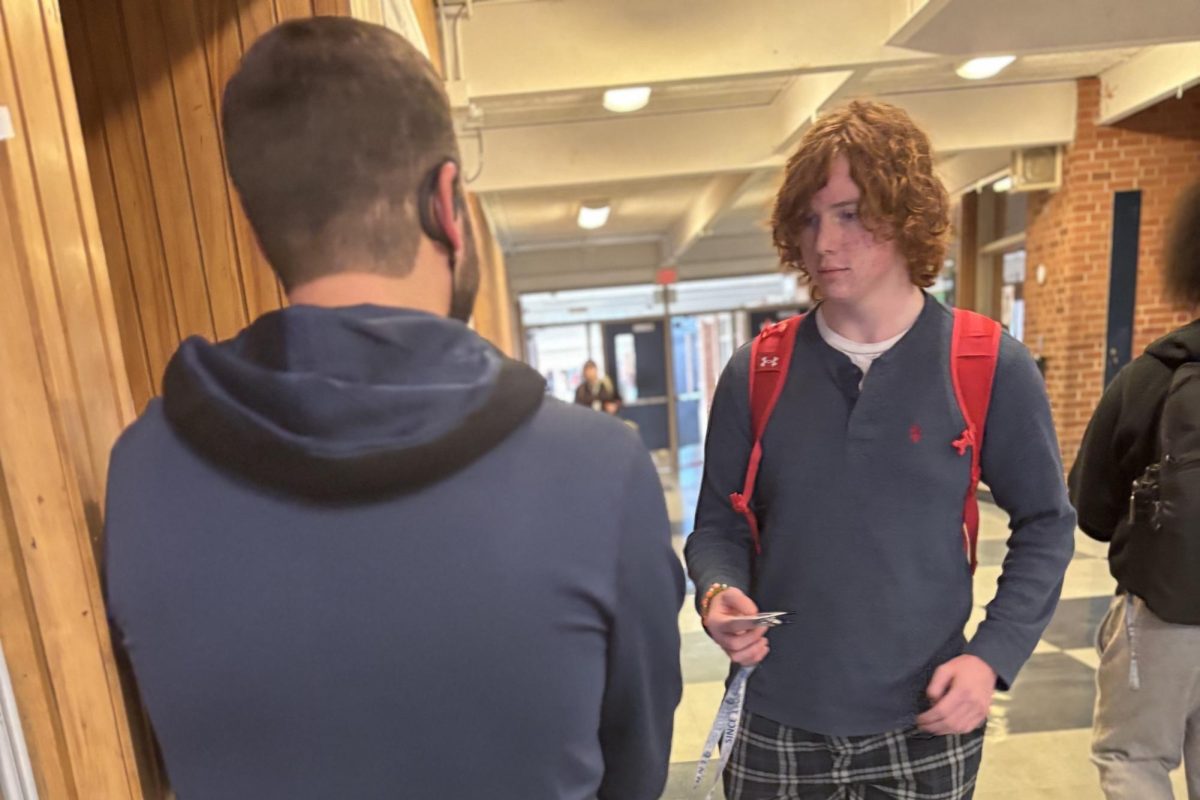

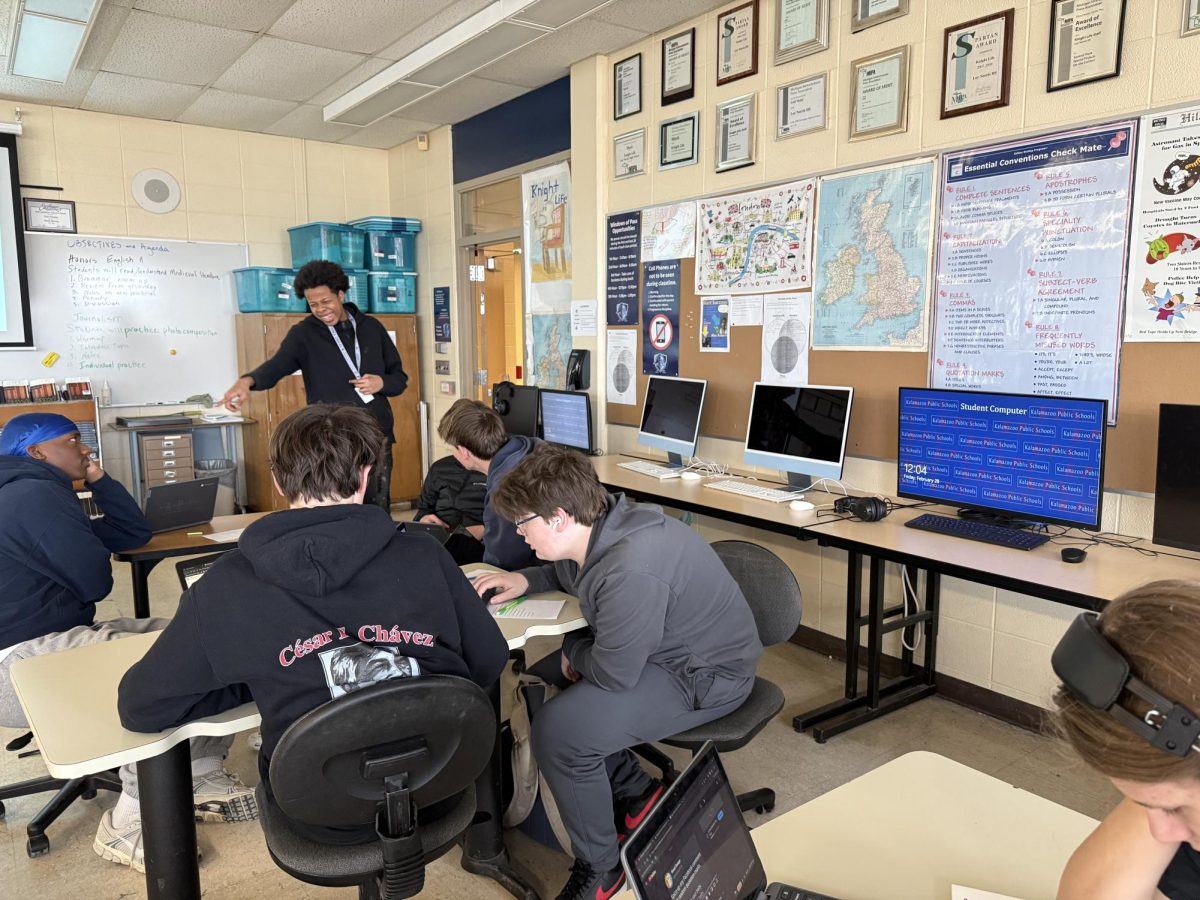
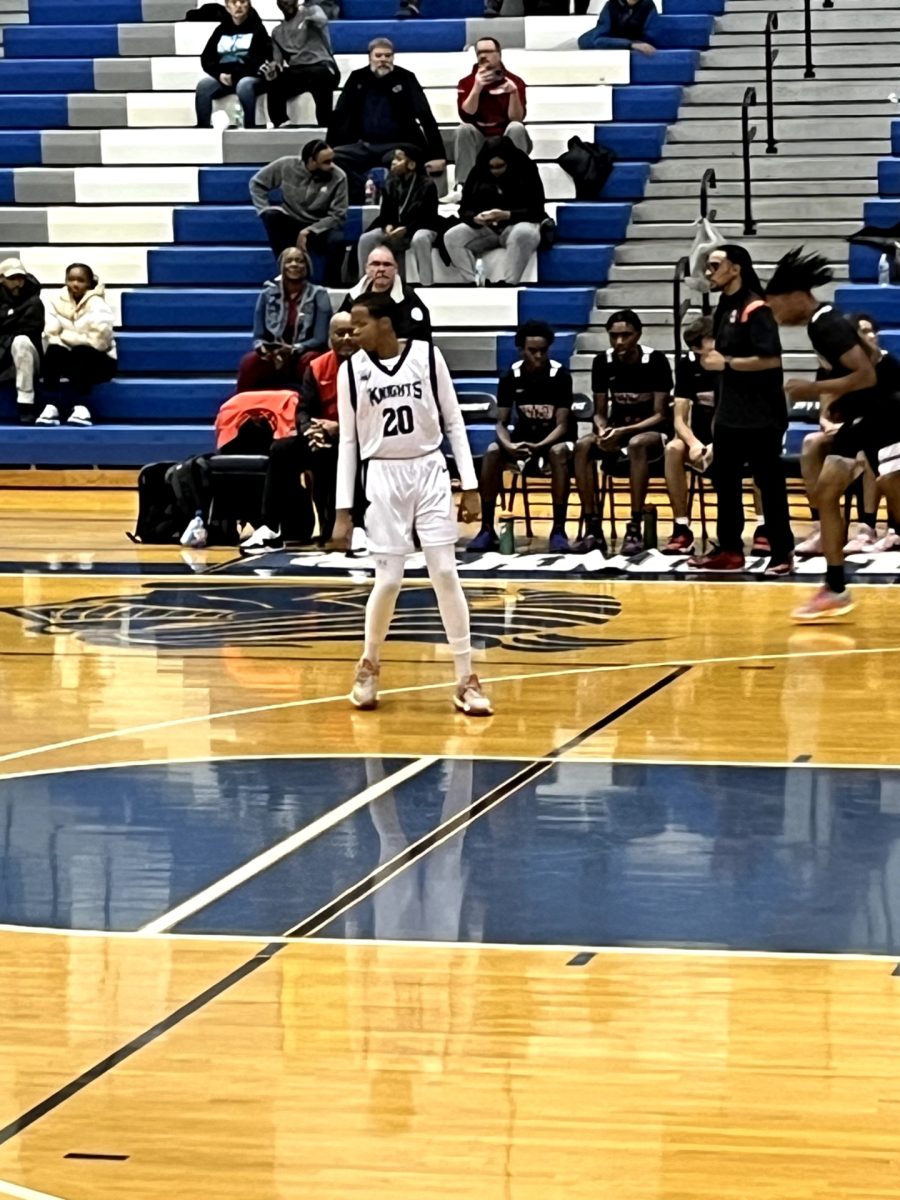
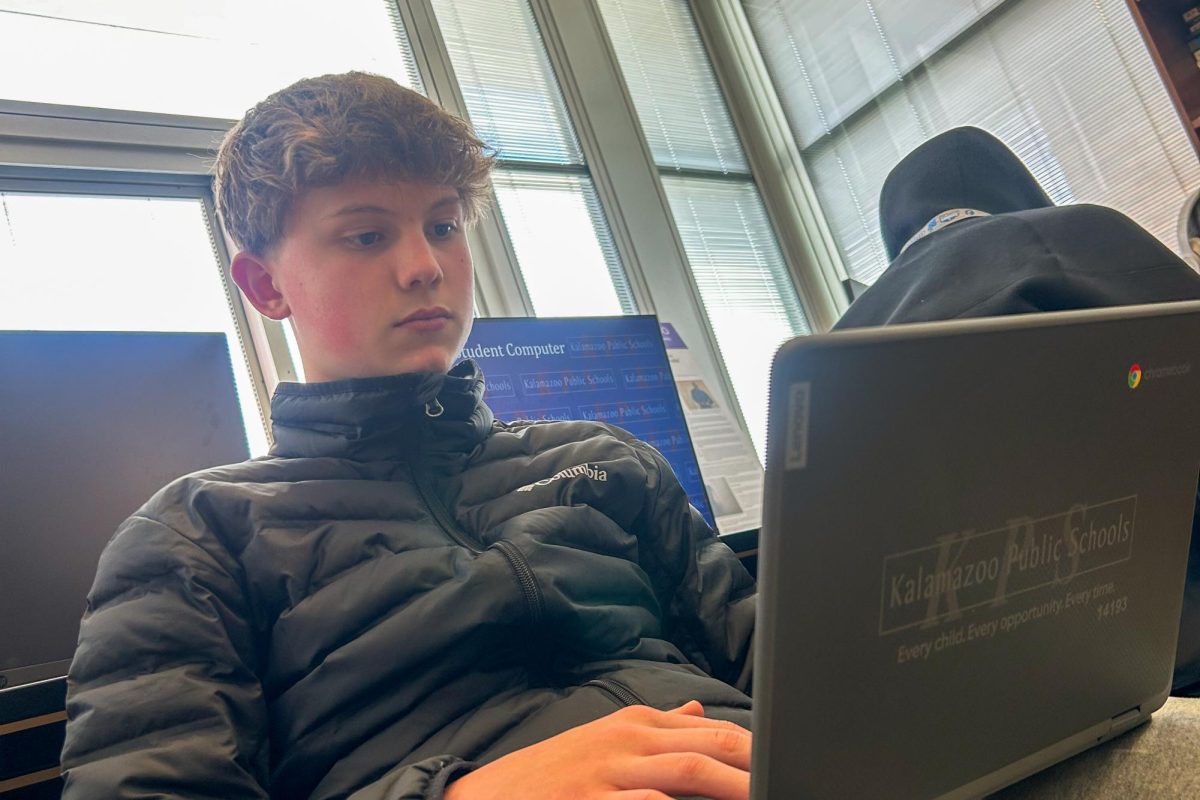
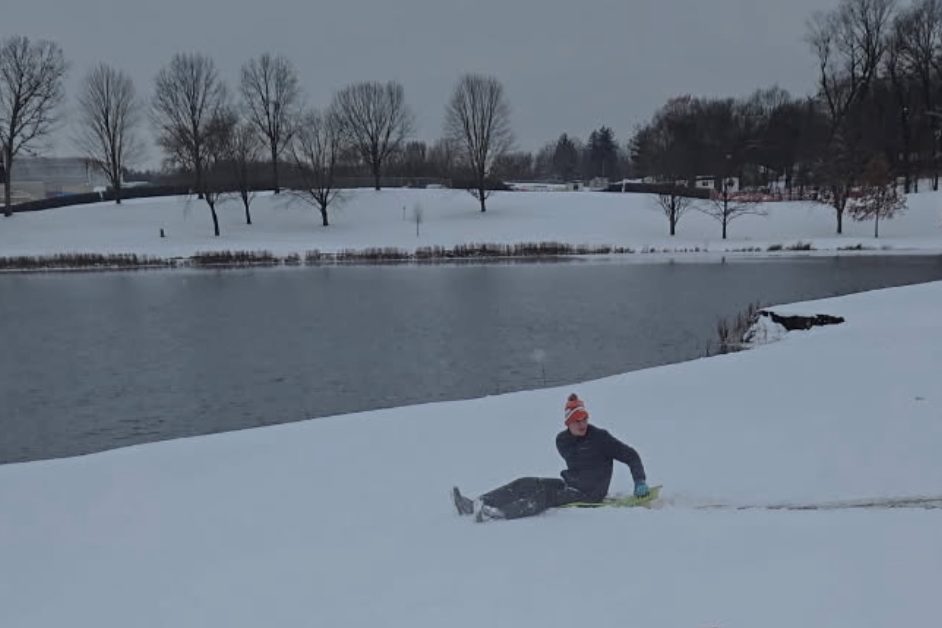
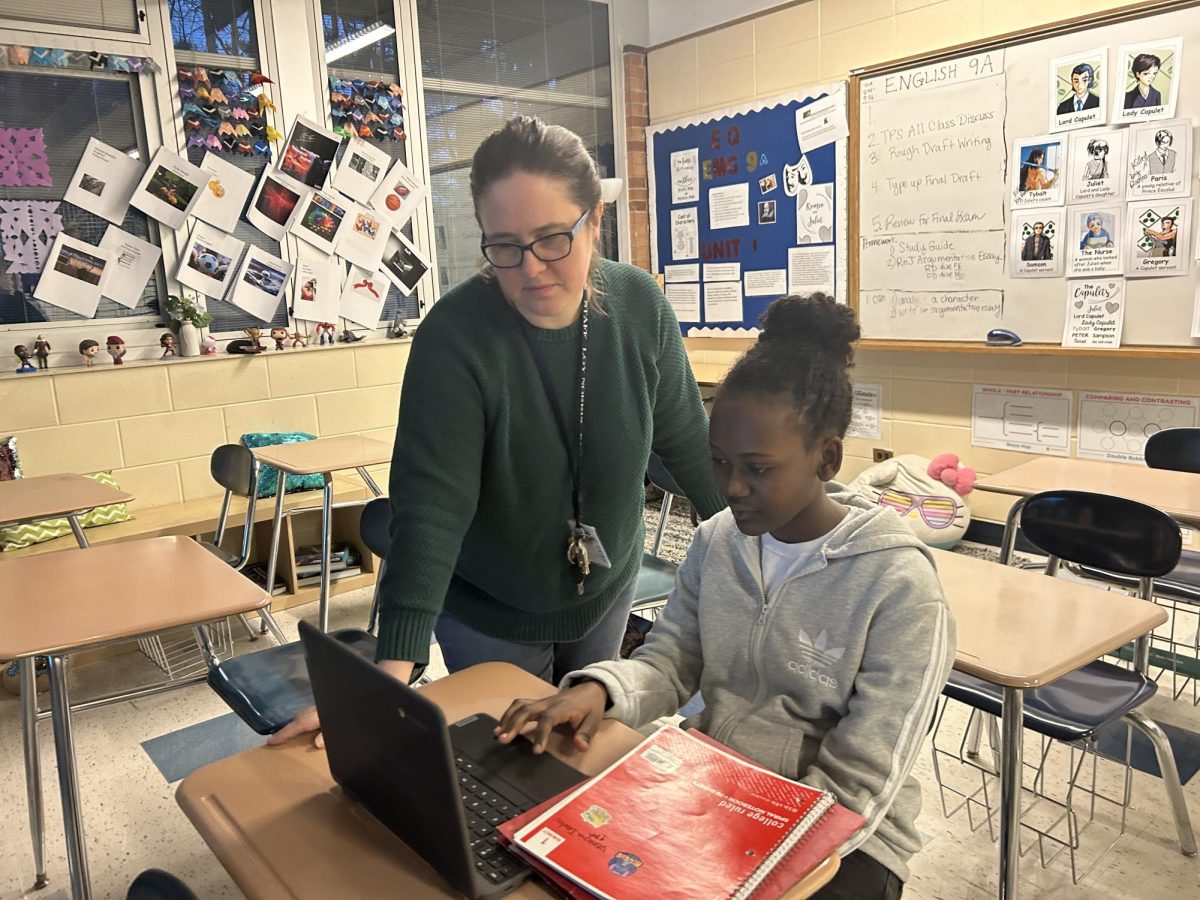
Luna Hole • Jan 10, 2025 at 12:11 pm
As a cane user it can be really hard to get from one end of the school to the other in time and im the one who gets in trouble for being disabled instead of giving some slack on the tardie rules. Last tri i had 1st hour b wing, 2nd j wing, 3rd b wing, 4th j wing, and finally back to b wing, not only was it hard on me but almost impossible to get to classes on time in our large school while also being disabled.